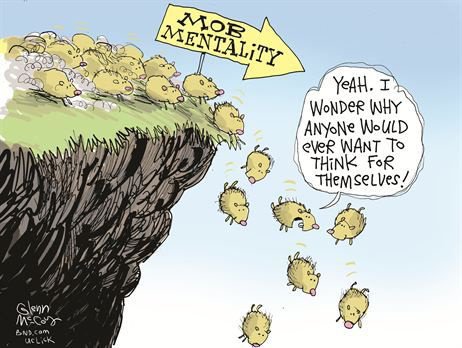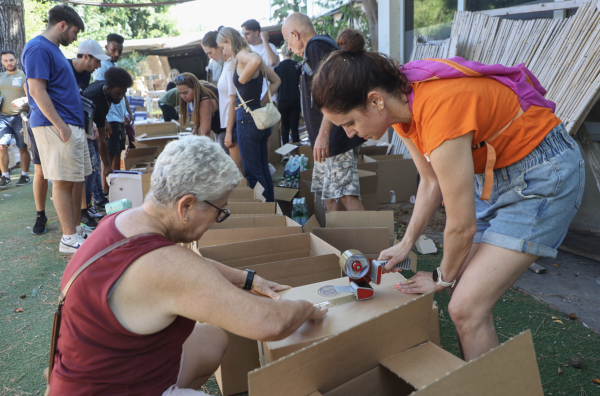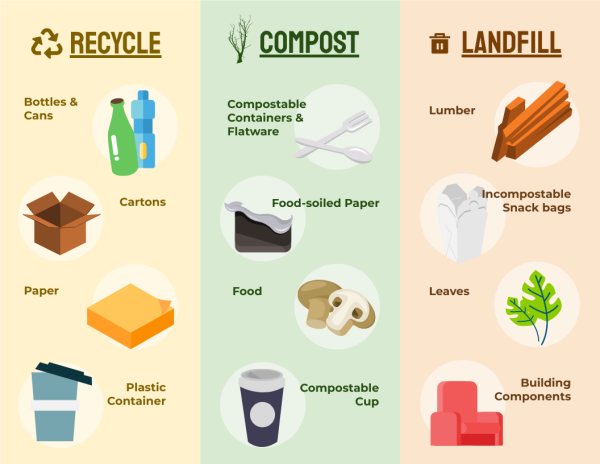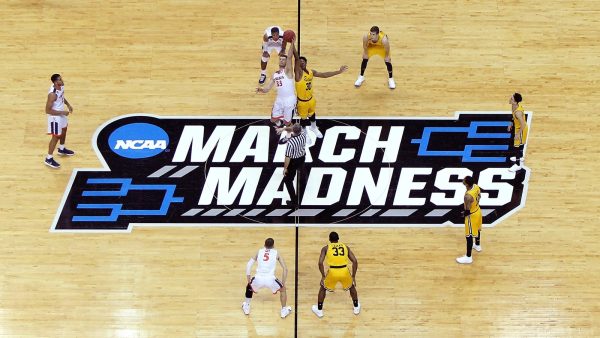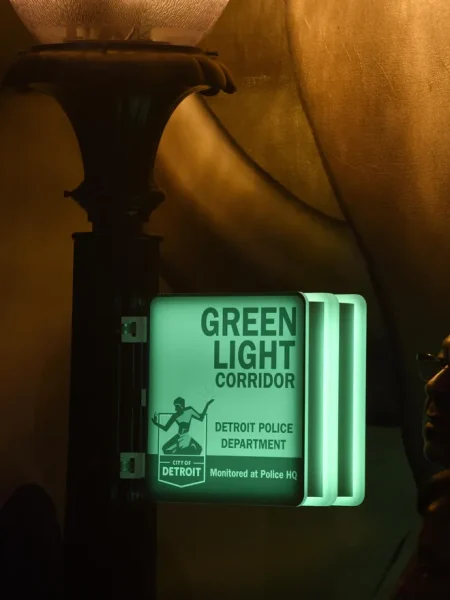Superiority Complexes and Mob Mentality Lead to Danger During BHS Football Season
Freshman pushback, a tradition that has long sought to “empower” upperclassmen at Berkley, has been banned by the BHS administration in response to injuries and complaints reported by parents. By bombarding lowerclassmen and forcing them to the top of the bleachers, upperclassmen subconsciously feed into superiority complexes and mob mentality. Although freshmen and seniors both share passionate feelings about the recent shift in dynamics during football games, these feelings manifest themselves in different ways.
For some freshmen, the pushback is the most dreaded part of any football game; students anxiously wait at the top of the bleachers to get trampled and pushed against the fence by upperclassmen. Reflecting on times before the ban, one freshman describes the student section at football games as “chaotic and anxious,” saying, “everyone is just waiting for the pushback to happen, and when it does, everyone is freaking out, screaming, and falling.” For other ninth graders, it is their official initiation into high school, something they simultaneously dread and look forward to. Despite being a victim to the tradition, freshman Dillon Dougherty accepts “getting pushed as part of the high school experience.”
In support of students who dread this aspect of football games, the BHS administration took action to end it. For a few years now, Principal Mr. Meloche has heard several complaints from both students and parents, expressing the danger involved with the pushback. This year, Meloche initiated the ban after he spoke to “a number of students each year, meeting with Bear Pack and Student Leadership, and asking them to help me. The frequency of the pushbacks did decrease from multiple times a game to maybe just one” he admits, “but that one time was just still too many.” Mr. Meloche also takes into consideration a common theme amongst all freshman pushbacks, the domino effect. “Even if only a small group of people started it,” he says, “everyone has a decision of whether or not to turn around and start rushing up the bleachers, so it then turns into a lot of people not doing the right thing.” The administration also plans on implementing this policy in coming years, specifically that “if a pushback occurs during any point of a sporting event, all student spectators will be dismissed from the game and required to leave the stadium,” as stated in the email sent out to Berkley families in October.
Beyond just ensuring student safety, Meloche’s email also mentioned that the ban hopes to encourage students to put their energy towards appreciating the hard work of student groups like the band, the football team, the cheer team, and the dance team. Without the harmful practice occupying students’ attention, they will be able to respect the efforts of their peers better.
The closest thing to understanding why students don’t stop the pushback but instead join in on the action is mob mentality. Mob mentality, as defined by Google, is “the inclination that some humans have to be part of a large group, often neglecting their individual feelings in the process, and adopting the behaviors and actions of the people around them.” This indicates that it’s not a lack of morality within BHS students but rather the influence of their peers combined with the heat of the moment decision-making.
When trying to understand the reason behind hazing, most Berkley students describe it as a way to “assert and reinforce dominance” between upperclassmen and lowerclassmen. However, for every freshman frightened to get pushed against the fence, there is an upperclassman who once had to endure the same pain. Senior Alex Basmadjian says, “It was nice finally being the seniors running it. Now, it’s sad that in the upcoming years, students won’t get to experience the football game tradition.” Succession mentality is something most seniors share. They seem to think if they went through it, it’s only fair that freshmen experience the same. When asked what problem the freshmen pushback is attempting to solve, Basmadjian admits, “There is no problem the pushback is necessarily solving.” So the question is, “If there is no problem that this hazing even solves, why is it done?”
To focus on the physiological aspect of the freshman pushback, Senior Azraell Lomax expresses, “I understand people think it’s necessary to help freshmen understand how high school works, but if it’s causing physical harm, it’s worthy of being stopped.” Furthermore, many believe that the initiation reinforces balances of power and exposes freshmen to life experiences.
In more recent years, juniors have been more involved in the pushback. To express the shift in the crowd initiating the pushback, Junior Elliot Hoff says, “I have been waiting for it to be my turn for five years, so I think between my excitement and shared anticipation with other like-minded individuals, I just couldn’t wait.” The involvement of juniors goes to show that a few passionate students are enough to involve a whole grade. The desire for instigators to initiate hurting younger classmen indicates a deeper feeling of inferiority, a void ‘filled’ by hazing.
Similar to the actions taken at Berkley, thousands of universities across the country are enforcing laws to help end centuries of fatal hazing. According to Franklin College journalism professor Hank Nuwerv, there has been at least one university hazing death per year since 1969. Most hazing-related deaths amongst tertiary level students have involved overconsumption of alcohol. Majority of hazing is also initiated by sororities and fraternities. In Michigan specifically, all forms of hazing are deemed illegal under “Garret’s Law,” and many campuses enforce an anti-hazing rule. Parallelled to the “all or nothing” approach to hazing at Berkley, Cornell University announced Monday that a suspension on all frat parties will be enforced. Administrators everywhere are deciding that the only effective way to end hazing is to enforce the same policies for everyone, regardless of individual involvement.
Despite hazing and the freshmen pushback enforcing superiority amongst upperclassmen and being a tradition, one which seniors value greatly, the administration took the correct measures to ensure student safety. Berkley’s administrative action also reflects that of larger institutions across the country responding to more severe incidents. Through the voices of Berkley’s very own students it has been made clear that the majority of students understand the pointlessness and harmful effects of the pushback, regardless if their actions reflect this ideology. However, will this superiority complex still remain prominent in years to come despite the lack of hazing?

Hi everyone! My name is Isabella, and this year I have the honor of being Copy Editor alongside Aiden Aronoff. I decided to join journalism last year because...


